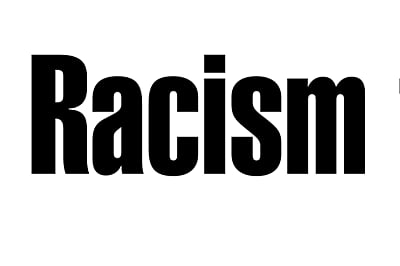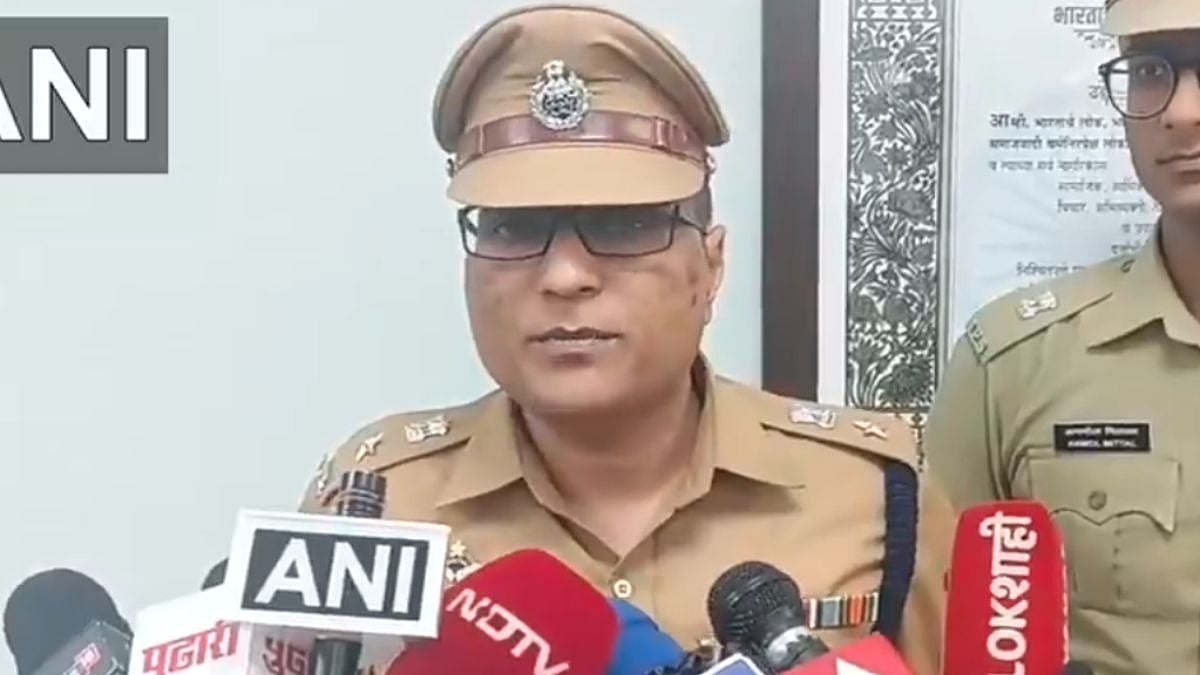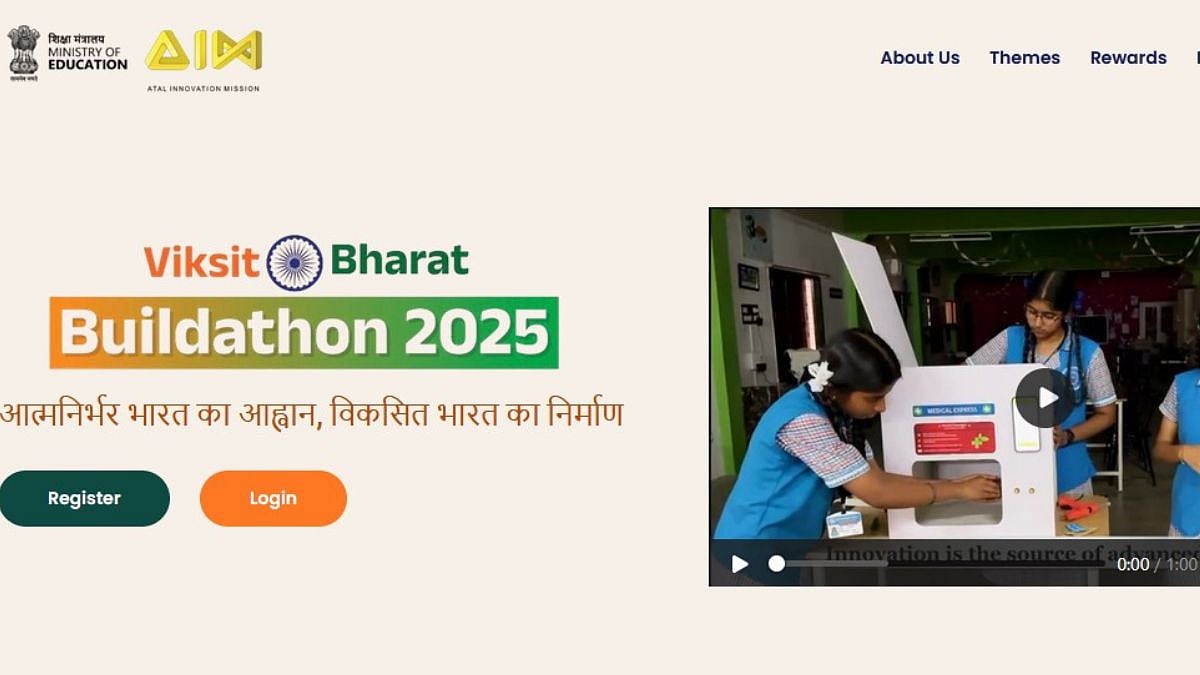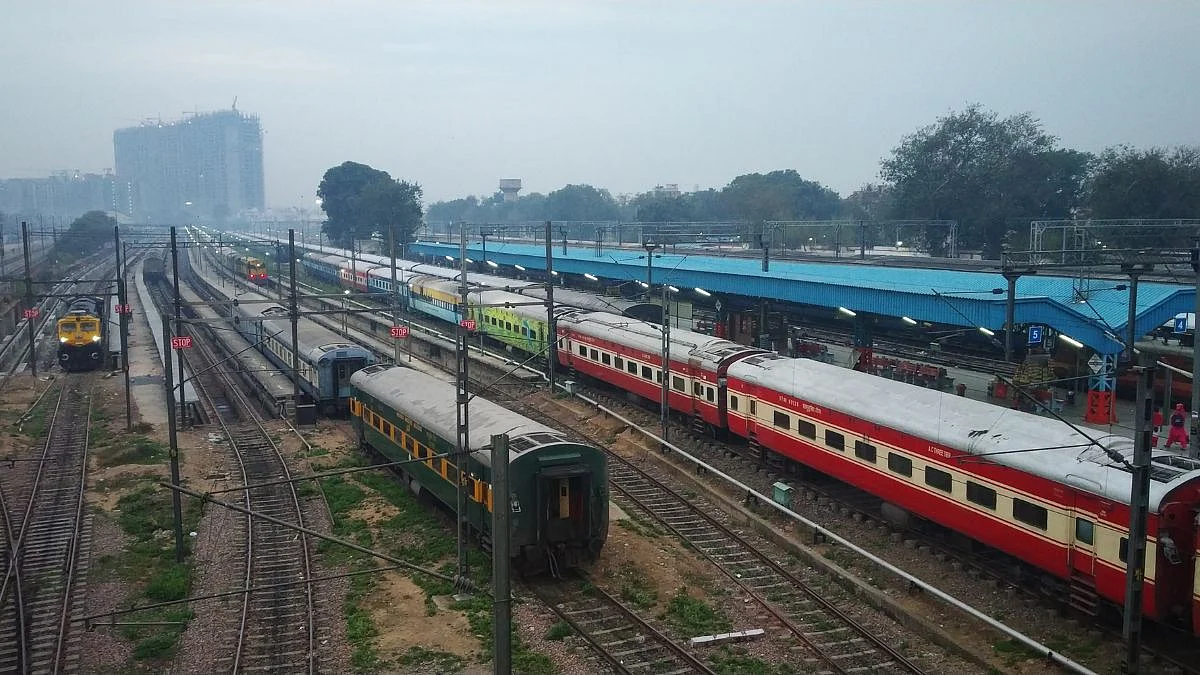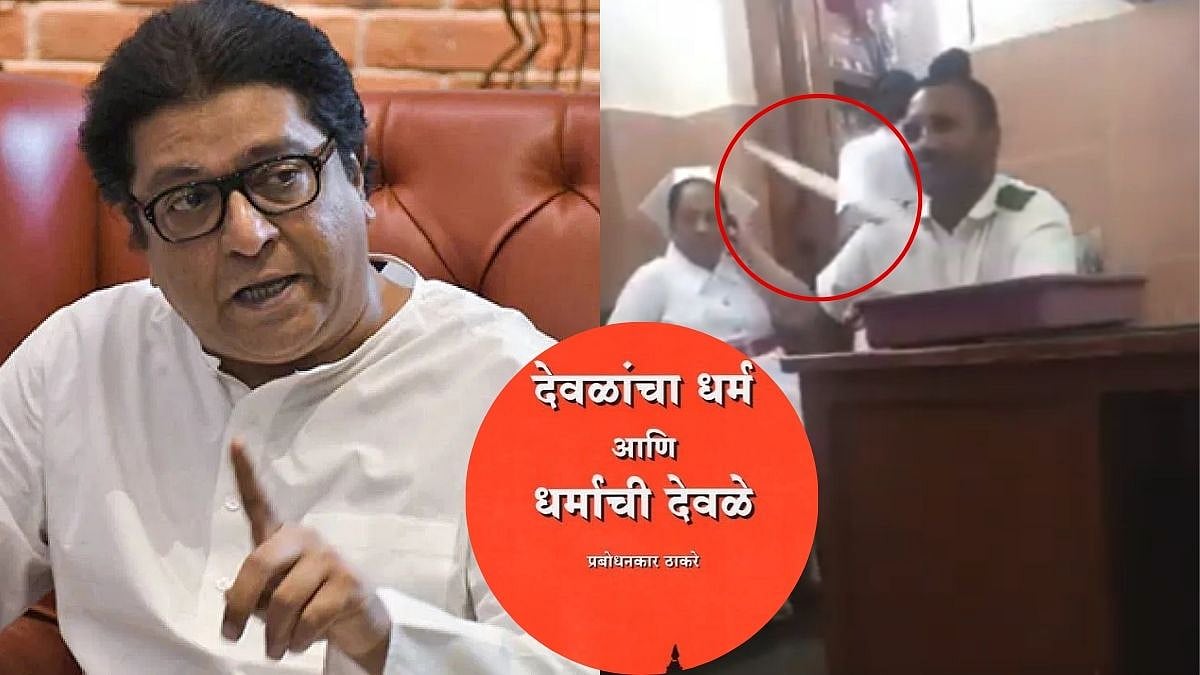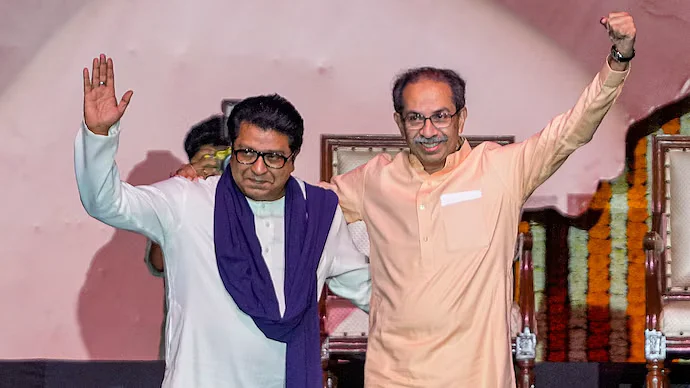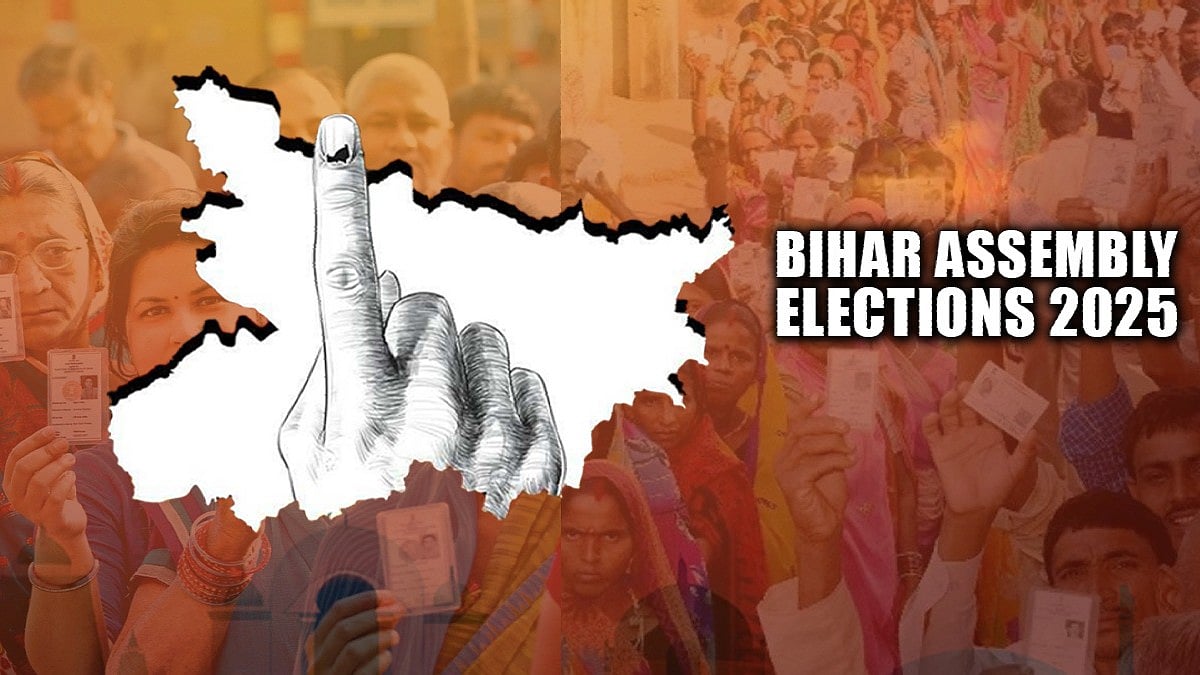THAT Indians can be terribly racist is well known. This attitude is not limited to India; even abroad, Indians display their racism towards Africans and African Americans quite openly. It is an echo of the superior attitude of Indians towards dark skin, never mind that Indians are hardly ‘white’ in the traditional sense.
The videos of African students being beaten up in NOIDA that are circulating on social media make for very sorry – and sad – viewing indeed. In the first place it is awful that anyone should be subjected to such
violence, and when it is done simply because they are Africans, it is doubly disgusting.
Then to make a public spectacle of it is simply unacceptable.
That Indians can be terribly racist is well known. This attitude is not limited to India; even abroad, Indians display their racism towards Africans and African Americans quite openly. It is an echo of the superior attitude of Indians towards dark skin, never mind that Indians are hardly ‘white’ in the traditional sense. Our love for fair skin takes the oddest forms—women who are fair are in greater demand as brides and how often do we see matrimonial ads saying ‘wheatish complexion’, almost apologetically? If this is how we are towards our own fellow Indians, is it surprising that we look down on Africans?
Anyone who is familiar with Indian communities in Africa will vouch for the fact that they don’t mix freely with the locals; forget marriages, even socialising is limited. In the US or Britain, Indians stay away from African Americans and attempts to forge joint political platforms have had only limited success.
Africans have been coming to India to study for generations. India has several scholarships to offer to Africans and this has done much to foster goodwill for this country. We of course rarely hesitate to talk about our traditional attitude towards guests—Athithi Devo Bhava and all that.
But ask any African student his or her experience in India and you will hear only horror stories. Landlords rarely take African tenants, fellow students stay away from mixing with them and they are mocked and looked upon with hostility. Occasionally, there is violence, as we had seen in Bengaluru, when a Tanzanian student was stripped and beaten, in February last year.
Also recall the incident in Khirki, in Delhi, when the newly appointed AAP law minister went with a mob to Khirki extension to tackle African women living there who were allegedly then molested. He was allegedly leading a raid after he heard that the women were running a prostitution ring in the area. As a minister, it did not strike him to go the legal route to deal with the situation.
The latest case involves the beating up of five Nigerian students after a local youth died from a drug overdose. The locals say that the Nigerians supply drugs to youngsters there. If that is so, what is the police doing to tackle the menace? And why should residents take the law in their own hands?
The MEA, which is facing the heat from Nigeria, says pending investigation it is too early to call it a ‘racist’ attack. That is a good, old fashioned bureaucratic response. But the moment there is violence against an Indian anywhere in the world – like when students were beaten up in Australia – we instantly declare it is racist.
Ask an Indian living in the west, and he/she will admit that they have been through not one but several racist experiences. Some are overt, some even violent, but often it is very subtle yet clear in its intent. It can often be humiliating. One can well imagine what African students undergo in India.
Is there any way to improve this situation? Can we be more sensitive? I am afraid the answer to both questions is no. Years – rather, centuries – of conditioning will not disappear within a few months or years. Anti-dark attitudes are almost embedded in our DNA. We react instinctively.
But, what the authorities can do is to make those who show overt racism and get violent pay heavily for any such action. Perpetrators of violence should be brought to book and should be held accountable.
At the same time, the Africans must be made to feel that at least official India is not unconcerned about their plight. External Affairs Minister Sushma Swaraj’s assurance that she will ensure a fair probe is very reassuring.
The Nigerian government has summoned the Indian Ambassador to ask him about the incidents. Large numbers of Indians live in different countries in Africa. India imports petroleum products from Nigeria and has strategic investments in the continent. Ties between India and Africa go back centuries. On all my visits to different African countries, I have experienced nothing but warmth and affection for India.
The government and the UP administration must react swiftly and ensure that the culprits are brought to justice. The hundreds of African students living in India must be made to feel secure and welcome. They must be told that while there are mischief makers, the average Indian thinks of them as friends and guests. Perhaps a campaign to reach out to Africans must be launched. Let some good come out of this horrible incident.
The author is a Founding Editor of The Wire.
He is a journalist and writer based in Mumbai.
